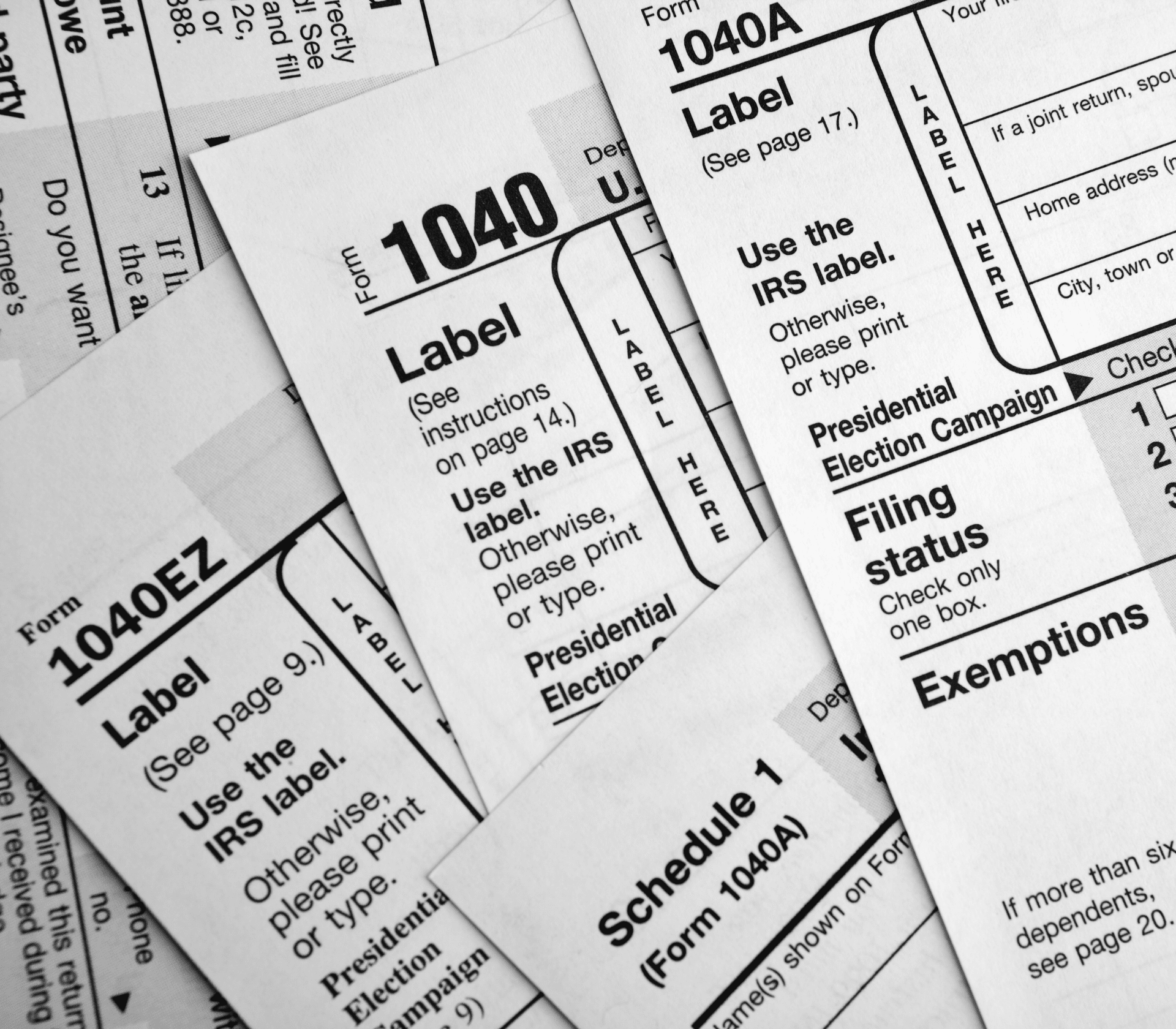Creating a Budget
Creating a personal budget as a graduate student is essential for effectively managing limited financial resources and minimizing stress associated with money. A well-structured budget aids in tracking expenses, prioritizing needs over wants, and ensuring that tuition fees, living costs, and other essentials are covered. It fosters financial discipline and helps you make informed decisions about spending and saving, ultimately allowing you to focus on your studies without the burden of financial uncertainty. Developing these budgeting skills during this pivotal time lays a strong foundation for lifelong financial literacy and long-term stability.
Amount Awarded ($)
Amount Awarded ($)
Monthly Estimate ($)
Monthly Estimate ($)
One-time Cost ($)
One-time Cost ($)
Prefer a downloadable version? The worksheet below will help track your graduate school funding, cost of your program, and general expenses to set budget goals. Download an Excel version here.

Budgeting Resources
Budget planning can be particularly challenging if you have a limited income and high expenses, including tuition, books, and living costs. However, there are various resources available to assist you, such as budgeting workshops and financial literacy sessions offered by universities, financial aid offices providing personalized advice, and online tools and apps designed to help track expenses and create budgets. Make sure you understand the difference between the “cost of attendance” and the actual cost of attending, which may include additional expenses – particularly if you need to take more credit hours than anticipated to complete your degree.
Health Insurance can be a significant expense while pursuing your graduate degree – be sure to understand how it is funded when reviewing your offers and making a decision. Your health insurance may change over the course of your graduate degree. If you are under the age of 26 when you start graduate school, you can be covered under your parents’ insurance, however, once you are 26, you will need to acquire your own coverage via the university, healthcare.gov, or if you are working, you may be eligible for health insurance from your employer.
Investing
Investing is a powerful way to grow your wealth over time, allowing your money to work for you rather than just sitting idle. There are many different investing strategies and doing research to understand your options will help you make the best choice for your financial future.

Paying Taxes as a Grad Student
As a grad student, you’ll still owe taxes – but figuring out how to report tuition remission, stipends, or side hustles can make tax season complicated. Use the resources below to understand how to file and how much you can expect to owe. Domestic students can use a variety of free or low-cost tax filing services or file directly with the IRS; for international students, there are other considerations.





